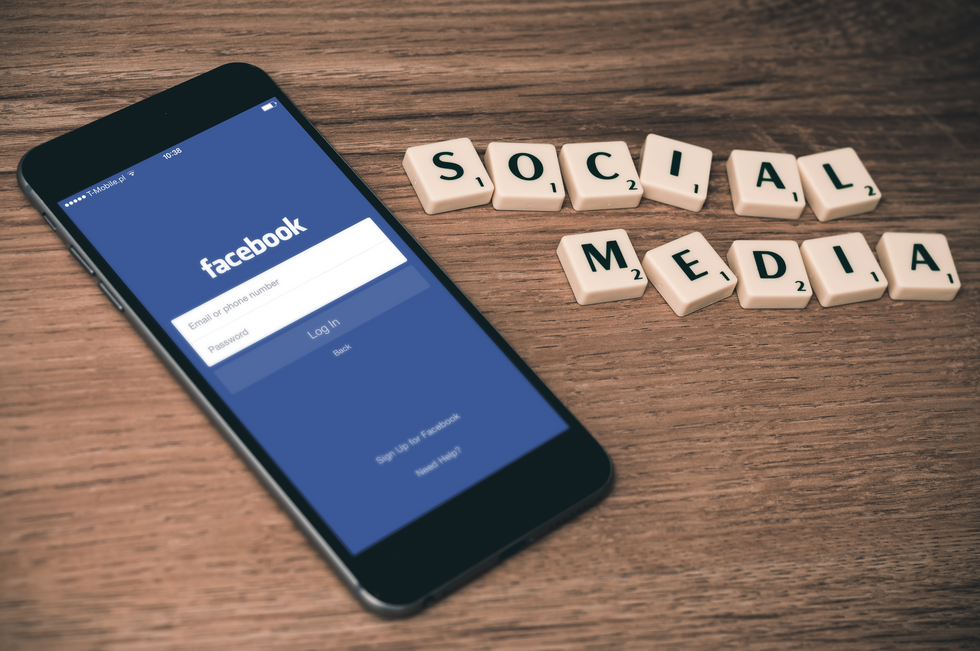Most of us don't realize just how much time we spend on social media - we check our Facebook notifications the minute we open our eyes in the morning and scroll through our Instagram feeds as we fall asleep at night. The average social media user spends 2 hours and 22 minutes every day on Facebook, Instagram, Twitter, Snapchat, and Youtube. We don't even spend this much time eating.
Those 15 extra minutes we spend on the toilet and those 20 extra minutes we spend in bed before getting up all add up to enormous amounts of time. 2 hours per day is 14 hours per week which is 728 hours per year. At $10 per hour, that's $7,280 worth of time that is completely wasted. Our lives are not being enriched by social media. Sure, it gives us something to do when we're bored, but it doesn't make us smarter, it doesn't make us happier, and it doesn't make us better people. Anything that's taking up this much of our time needs to be critically evaluated.
1. Destroyed Attention Spans

https://unsplash.com/photos/OJZB0VUQKKc
Social media is fast. We quickly scroll through Instagram, barely reading any of the captions. We half-read some articles on Facebook that we find mildly interesting. We watch and reply to 10 second Snapchats at a rapid pace. This high-speed nature of social media conditions our minds to only pay attention for a few seconds at a time. The average attention span dropped from 12 seconds in 2000 to 8 seconds in 2015, paralleling an opposite rise in social media use. Our brains constant exposure to new media at the touch of our fingertips makes it difficult for us to engage with meaningful content - like books, academic articles, and uninterrupted conversations.
2. The Comparison Loop

https://unsplash.com/photos/EdULZpOKsUE
What do we post post on social media? Engagements, weddings, college acceptance letters, birthday parties, vacations, and other highlights from our lives. We rarely post about the arguments we have with our spouses or the amount of schoolwork we're drowning in. When we see the highlights from other people's lives, we subconsciously compare our lives to theirs. We all have highs and we all have lows - it's just part of life. Social media creates a comparison loop in our minds by encouraging us to constantly compare our lows to other people's highs.
3. Missing Moments

https://unsplash.com/photos/WUmb_eBrpjs
Have you been to a concert lately? If so, I'm sure you've noticed that almost everyone watches the concert through their screens. People spend hundreds of dollars to attend a live event, only to watch it on their phones and post it to social media. I see the same thing with parents at their kids' music and sports events. Parents spend so much time recording the perfect video to post to Facebook, but spend so little time actually appreciating their kids' accomplishments. Social media can create pressure to constantly document the highlights of our lives. It makes us miss moments that are truly important.
4. Procrastination

https://unsplash.com/photos/KE0nC8-58MQ
I'm sure we've all laid in bed knowing that we have something important to get done, but we chose to scroll through social media for another hour before finally getting up. Social media perpetuates procrastination by creating something instant and engaging to occupy our minds with. It's so easy to tell ourselves "just five more minutes" and then realize that it's been half an hour. We, as a social-media-using society, like to think of ourselves as always busy and having no time. The 2 hours and 22 minutes per day statistic would argue otherwise. We make ourselves busy by occupying our time with meaningless scrolling. The only way to limit the harmful effects of social media is by acknowledging that they exist.
The purpose of this article isn't to push you to delete all your social media accounts. It should, however, encourage you to critically evaluate your social media use. Even if you're not wasting over two hours on it every day, are you wasting one? If something isn't adding value to your life, should you even be using it? These are questions for each of us to consider on our own.
















